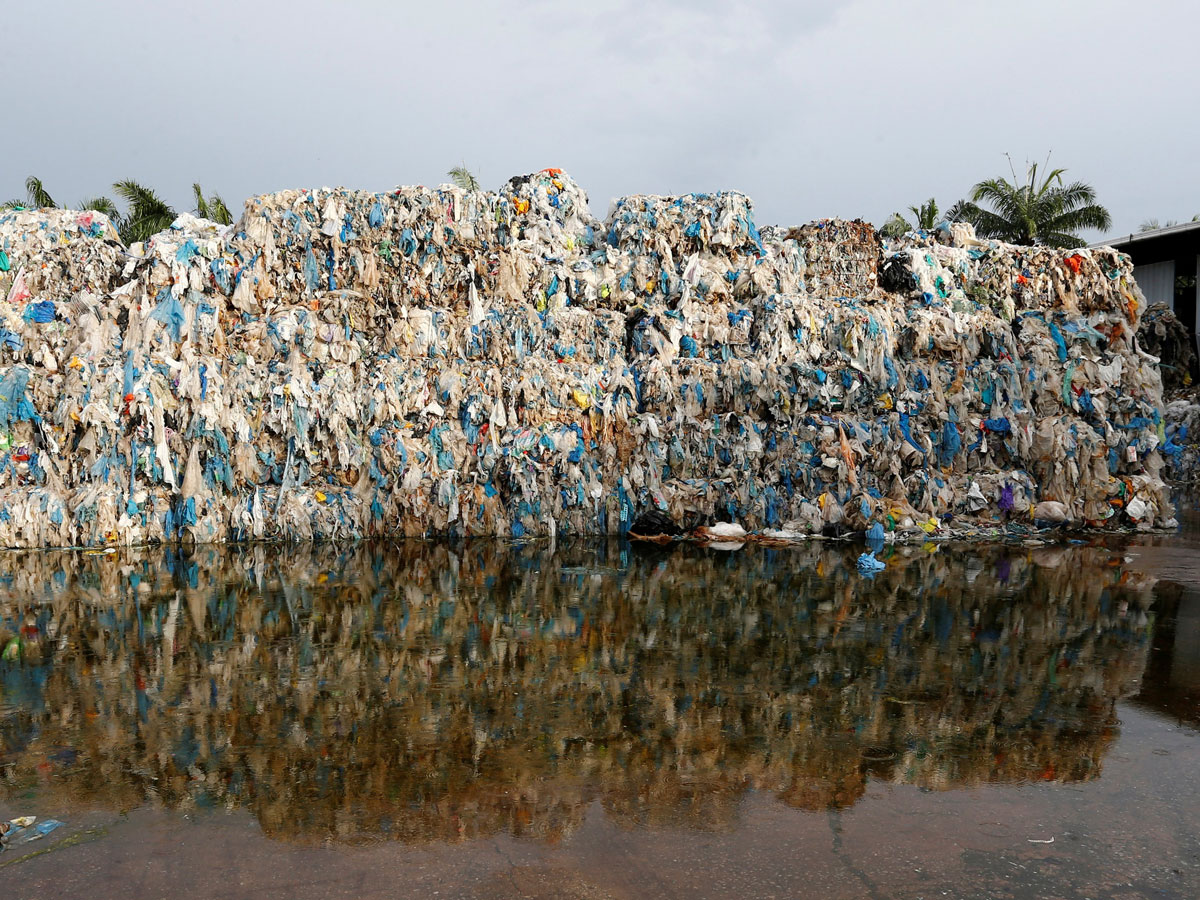PRESS RELEASE
Despite Malaysia having sent a total of 3,737 metric tonnes of unwanted waste back to 13 countries as of January 2020, it is still saddled with tonnes of illegally disposed plastic waste across the country.
The Consumers’ Association of Penang (CAP) is concerned over such indiscriminate dumping of plastic wastes which poses environmental pollution and also a threat to public health. Between January and July 2019, Malaysia imported 754,000 tonnes of plastic valued at RM483 million and, according to Greenpeace’s estimation, only 9 per cent of the plastic waste comprising clean plastic could be recycled. Hence, most of the unrecyclable plastic would either be incinerated or dumped by the illegal operators.
In most situations the incineration of plastic waste was mostly at night to conceal the smoke, and residents in the affected area would complain about the acrid smell, and health effects such as respiratory problems, coughing, breathing difficulties, eye irritation and skin itchiness. However, on 20 January 2020, Sungai Petani’s 45ha Bedong landfill caught fire and raged on for days causing a haze that enveloped Penang as well. The fire was aggravated by the presence of plastic wastes beneath the landfill and this incident is just the tip of the iceberg.
We do not need illegal plastic recycling factories and there is a need to minimise the number of legal ones if the relevant authorities are unable to keep track of the existing legal operators. A lack of monitoring and enforcement by the authorities is compounding the problem.
In September 2018, it was reported in the media that out of an estimated 200 plastic processing facilities in Penang only 27 were legal. When Penang had a major crackdown on these facilities, operators of factories that were ordered to shut down moved their plastic waste to Kulim, Gurun, and Sungai Petani in Kedah. Such was their modus operandi.
It is known that the incineration of plastics produce highly toxic chemicals such as dioxins, furans, mercury, and polychlorinated biphenyls (PCBs). Moreover, if polyvinyl chloride (PVC) is burned, it liberates hazardous halogens.
Dioxins are persistent organic pollutants. Its worst component 2,3,7,8 tetrachlodibenzo-p-dioxin (TCDD), commonly known as Agent Orange, is a known carcinogen and causes damage to the nervous system. The effects of Agent Orange, used by the US as a defoliant during the Vietnam War, is still evident until today with as many as 3 million Vietnamese who suffered health problems (including physical deformity) associated with the chemical.
Environmental pollution and health are two important factors that the authorities cannot brush aside for economic gains because plastics may take up to 1,000 years to decompose. The health cost is immense for people suffering from poor health because of exposure to chemicals leached out or as a result of inhalation of smoke from burning plastics.
Under 29A. (2) of the ‘Prohibition on open burning’ of the Environmental Protection Act, it stated that:
“Any person who contravenes subsection (1) shall be guilty of an offence and shall, on conviction, be liable to a fine not exceeding five hundred thousand ringgit or to imprisonment for a term not exceeding five years or to both.”
We urge the authorities to impose the highest penalty as a deterrent on the offenders who would otherwise only see the lucrativeness of the billion Ringgit plastic recycling business.
Mohideen Abdul Kader
President
Consumers Association of Penang
10 Jalan Masjid Negeri
11600 Penang
Tel: 04-8299511/Fax: 04-8298109




